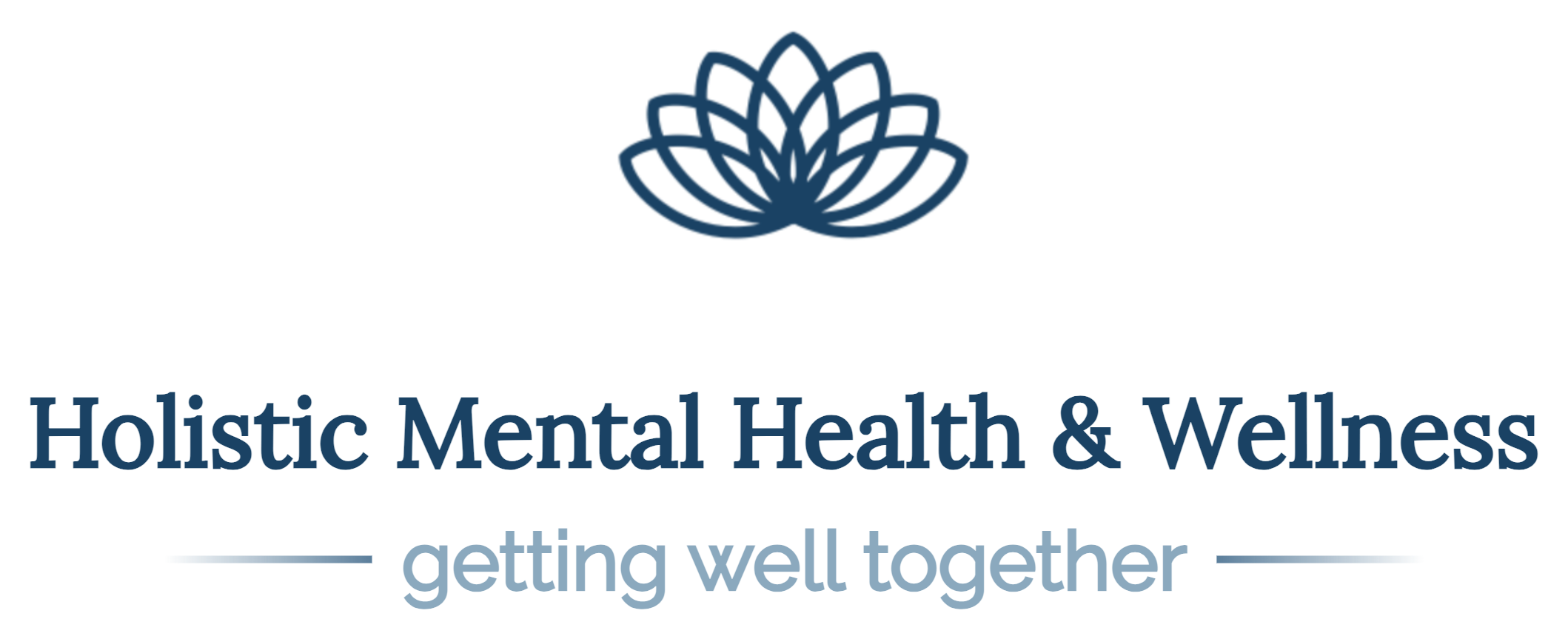Dialectical Behavior Therapy: Julia’s Approach

Why I Use DBT in Therapy and Why It Might Help You, Too
As a counselor trained in Dialectical Behavior Therapy (DBT), I’ve seen how this approach helps people manage emotions and build more balanced lives.
Here’s how DBT might support your growth.
If you’ve ever felt like your emotions are too big, your reactions too intense, or your relationships too complicated, you’re not alone. Using Dialectical Behavior Therapy (DBT), I’ve worked with many people who want to better understand themselves, regulate their emotions, and shift unhelpful patterns.
I use the word “process” intentionally because meaningful change doesn’t happen overnight. DBT provides a structure for growth that supports lasting change, not just surface level fixes.
Why I Use DBT
What draws me to DBT is its balance between practicality and compassion. It creates space for the part of us that wants to be accepted exactly as we are while also challenging us to grow.
I see how DBT helps people:
- Examine emotional patterns with curiosity rather than shame
- Build internal tools to manage distress without becoming overwhelmed
- Communicate more effectively with loved ones and set boundaries
- Develop self-trust and resilience
DBT isn’t about getting it perfect! It’s about showing up, practicing awareness, and learning how to respond instead of reacting.
Who I Work With
If you feel capable and successful in parts of your life but feel emotionally overwhelmed beneath the surface, then let’s have a compassionate conversation to explore in DBT is right for you.
Emotional overwhelm might show up as:
- Anxiety and chronic stress
- Emotional reactivity or impulsivity
- Burnout and exhaustion
- Substance use or relapse concerns
- Difficulty in relationships or setting boundaries
- Persistent self-doubt or a harsh inner critic
If you’re in recovery, navigating trauma, or trying to better understand your emotional landscape, DBT-informed therapy can offer structure and clarity for your healing process.
DBT is More Than Just Skills
While DBT therapy is known for its practical skills, it’s not about quick fixes or checklists. My approach is customized to your strengths, needs, and individual goals. Whether in individual sessions or our soon to launch DBT workshops, I create space for reflection, growth, and authentic emotional healing.
If something in this post resonates with you, trust that! You don’t have to figure it out all at once or alone.
Written by: Julia Deitchman, BS, CAP, IC-ADC





